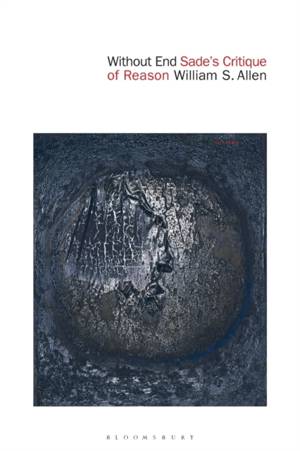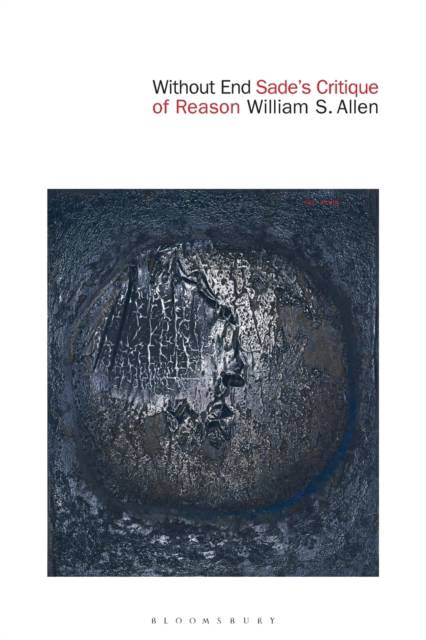
- Afhalen na 1 uur in een winkel met voorraad
- Gratis thuislevering in België vanaf € 30
- Ruim aanbod met 7 miljoen producten
- Afhalen na 1 uur in een winkel met voorraad
- Gratis thuislevering in België vanaf € 30
- Ruim aanbod met 7 miljoen producten
Omschrijving
The reputation of the Marquis de Sade is well-founded. The experience of reading his works is demanding to an extreme. Violence and sexuality appear on almost every page, and these descriptions are interspersed with extended discourses on materialism, atheism, and crime. In this bold and rigorous study William S. Allen sets out the context and implications of Sade's writings in order to explain their lasting challenge to thought. For what is apparent from a close examination of his works is the breadth of his readings in contemporary science and philosophy, and so the question that has to be addressed is why Sade pursued these interests by way of erotica of the most violent kind.
Allen shows that Sade's interests lead to a form of writing that seeks to bring about a new mode of experience that is engaged in exploring the limits of sensibility through their material actualization. In common with other Enlightenment thinkers Sade is concerned with the place of reason in the world, a place that becomes utterly transformed by a materialism of endless excess. This concern underlies his interest in crime and sexuality, and thereby puts him in the closest proximity to thinkers like Kant and Diderot, but also at the furthest extreme, in that it indicates how far the nature and status of reason is perverted. It is precisely this materialist critique of reason that is developed and demonstrated in his works, and which their reading makes persistently, excessively, apparent.Specificaties
Betrokkenen
- Auteur(s):
- Uitgeverij:
Inhoud
- Aantal bladzijden:
- 224
- Taal:
- Engels
Eigenschappen
- Productcode (EAN):
- 9781501354625
- Verschijningsdatum:
- 27/06/2019
- Uitvoering:
- Paperback
- Formaat:
- Trade paperback (VS)
- Afmetingen:
- 152 mm x 229 mm
- Gewicht:
- 303 g

Alleen bij Standaard Boekhandel
Beoordelingen
We publiceren alleen reviews die voldoen aan de voorwaarden voor reviews. Bekijk onze voorwaarden voor reviews.








